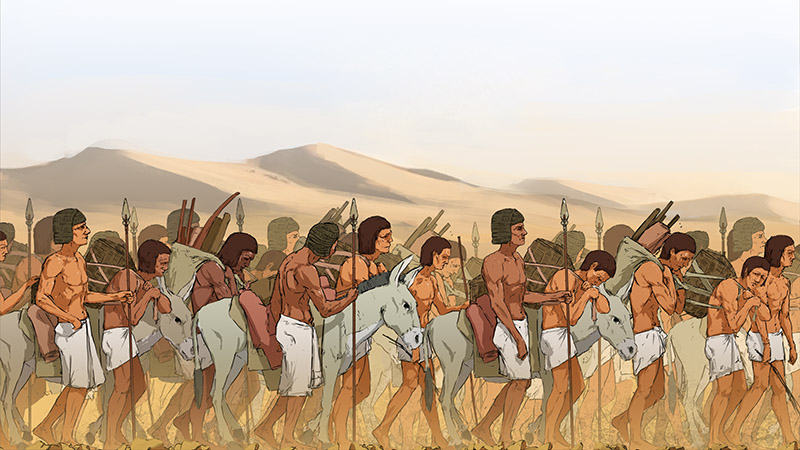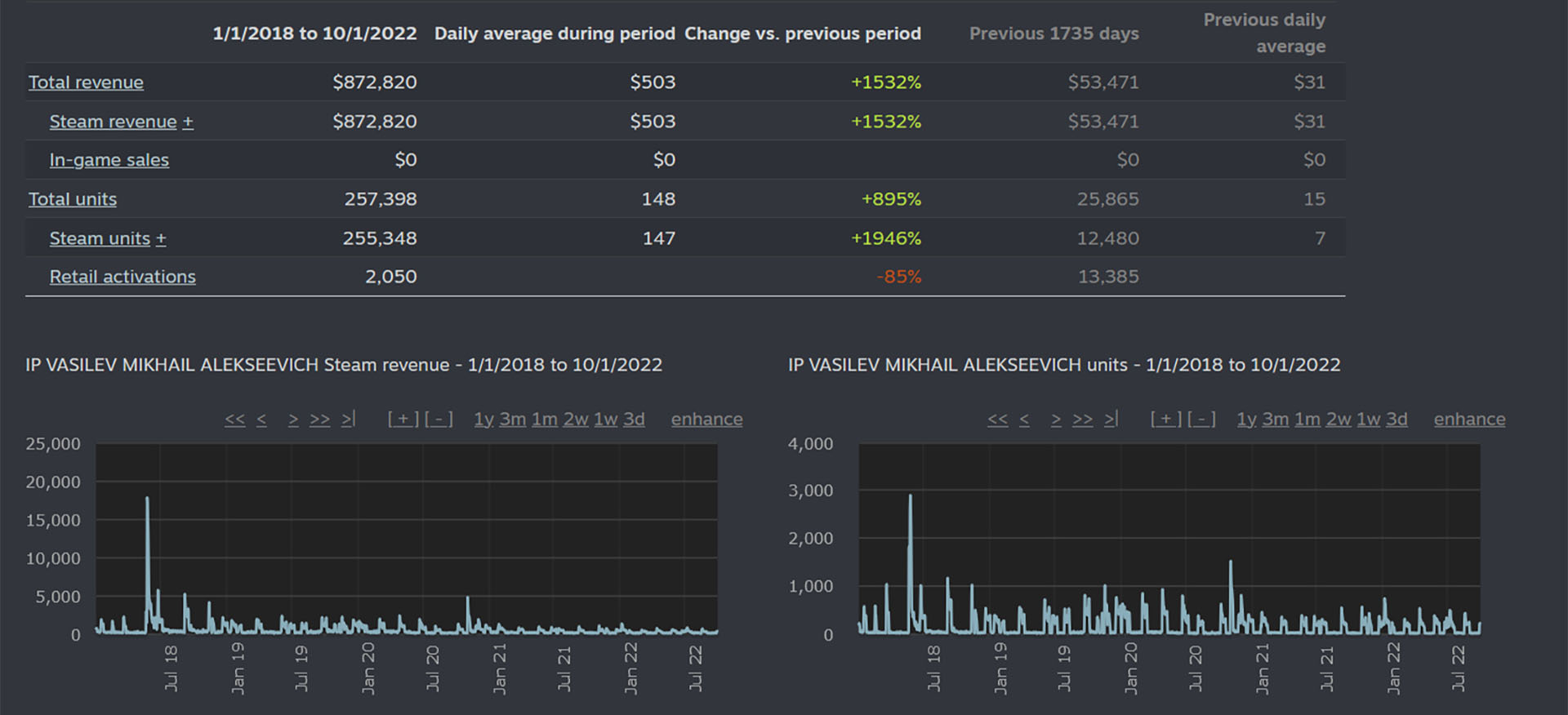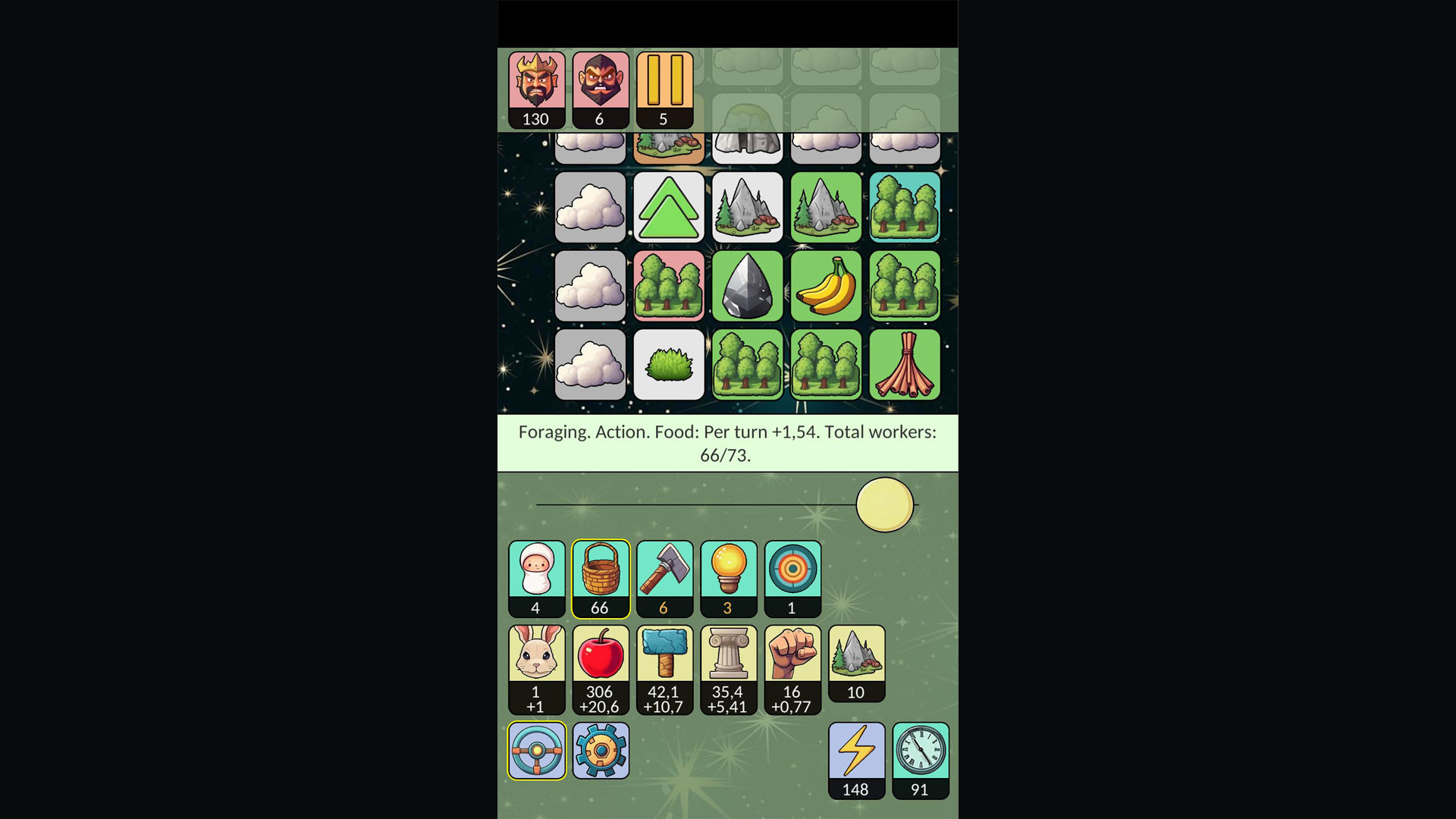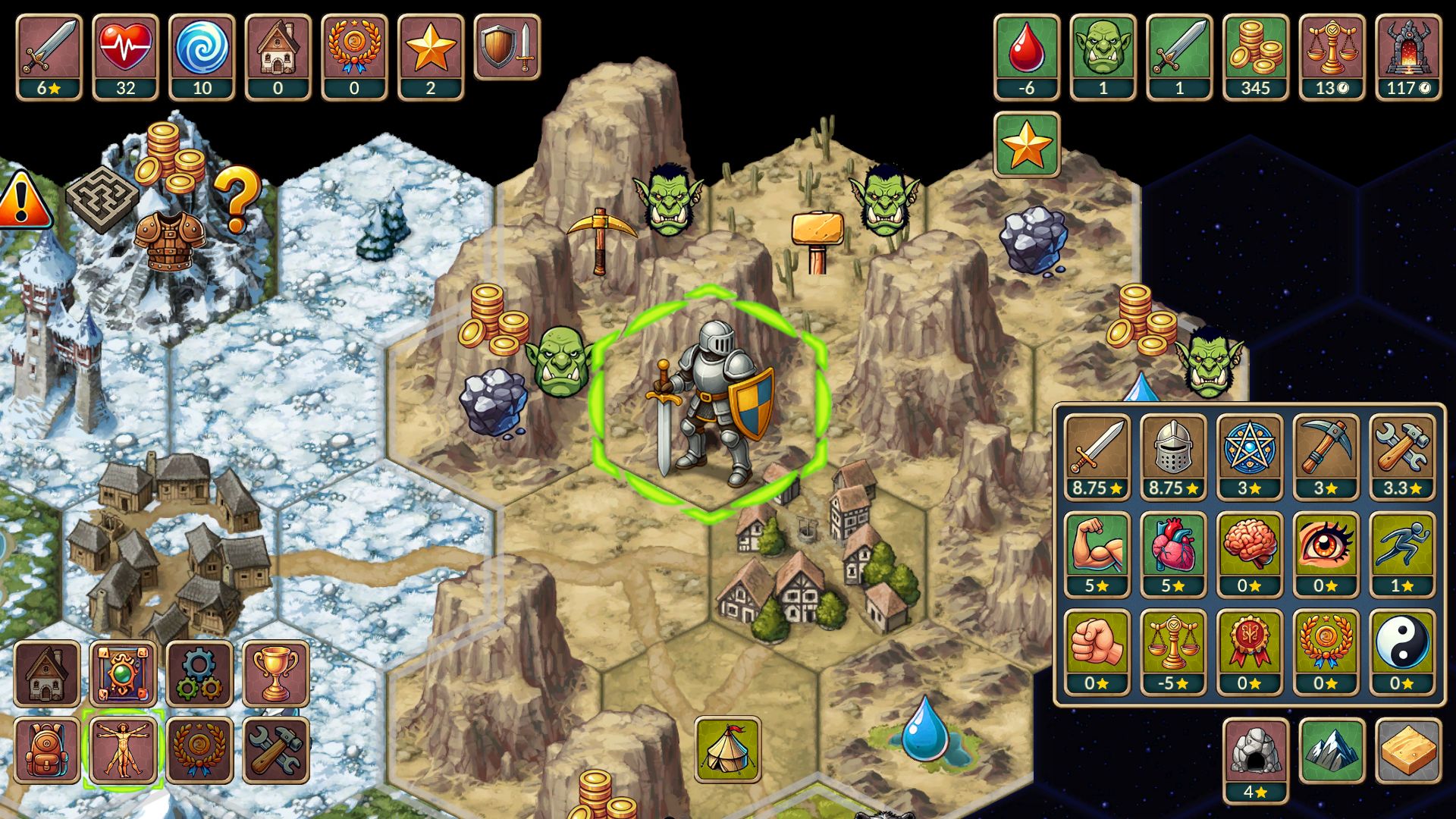02.10.2025
Almost 10 Years of Searching: from Egypt Old Kingdom to Next Run

Hi, my name is Mikhail Vasiliev, and I have been making strategy games under the Clarus Victoria brand for more than 13 years.
Since 2015, Clarus Victoria games have found their audience and recognition.
Historical, story-driven strategies about Ancient Egypt and Antiquity turned out to be in a 'blue ocean'—a niche with almost no competition and stable demand.
Egyptologists were involved as consultants, which was highly valued by fans of historical authenticity. At its peak, the team included 20–30 people counting external specialists and close volunteers.
Until 2018, when Egypt: Old Kingdom was released, everything was going well. But then I decided that simply stamping out sequels slowly was not for me.
Financial Results
Below are the yearly sales figures, showing how interest in our games grew:

Steam, gross, without deductions
- 2015 — $73,511 / 22,274 copies — Marble Age
- 2016 — $130,308 / 28,699 copies — Predynastic Egypt
- 2017 — $185,880 / 35,801 copies
- 2018 — $336,363 / 67,223 copies — Egypt: Old Kingdom
- 2019 — $202,750 / 58,329 copies
- 2020 — $181,017 / 65,206 copies — Marble Age: Remastered
- 2021 — $98,222 / 37,194 copies
- 2022 — $91,451 / 50,403 copies
- 2023 — $52,518 / 32,724 copies
- 2024 — $41,136 / 20,154 copies
📌 In total, Steam brought in more than $1.4M. Apple added about ~24.3%. With other stores combined, that’s around $2M, with more than 600,000 copies sold worldwide.
Limitations of the Games

Despite the successes, fundamental limitations had accumulated:
- Too slow a pace. Creating a single game took more than a year—maps, styles, and art were always made from scratch. Players requested China, Mesopotamia, Rome—but resources were too limited.
- Lack of replayability. Average Steam rating ~88%, but almost half of the negative reviews mentioned this: once the story was completed, there was no reason to replay.
- No character. Players controlled an 'abstract almighty god,' which reduced immersion. I was looking for ways to give the player a personality and a role.
- Abstract mechanics. Random events and many decisions felt too conditional. Depth and detail were lacking.
- Desire for a 'universal game.' I wanted not just to reproduce history, but to build a system where genres, settings, and roles could be freely combined.
Defining the Path

I began working on solving these issues already during the development of Predynastic Egypt. I started to study other games more deeply and see how they handled similar challenges. And I noticed: computer and tabletop strategies, RPGs, and simulations actually use the same principles, just packaged in different mechanics.
When I came across universal tabletop systems like GURPS and Savage Worlds, I saw how these shared principles could scale almost infinitely.
In my mind a direction of work formed—what the games of the future should look like, and how many opportunities remain untapped in modern games. This realization deeply struck me, and I decided to dedicate my further work to solving exactly this problem.
Since then I started experimenting. Even Egypt: Old Kingdom I made already 'with my head in the clouds'—thinking about the best game. Some ideas even found their way into it, like map objects such as lions or cursed lands.
The Ideal and Universal Games

After the success of the historical strategies, I moved on to implementing new ideas. The 'Ideal Final Result' (TRIZ method) I defined as creating the ideal computer game.
The ideal game is one where a person can be anyone, do anything, and live in a world indistinguishable from reality. But I understood that the necessary technologies do not yet exist. So the only option was to keep moving in this direction.
On the way to the ideal game, there is an important milestone—the universal game. Its task is simpler: to create mechanics where genres, settings, scales, and roles can be freely combined within a single ruleset.
An analysis of games showed that attempts had been made before, but universality was always incomplete (Cultist Simulator is a good example).
My idea was born from a simple question: what if a game was like communication between the player and the game world in a 'game language'?
Just as letters form words, and words form endless phrases, so too could these 'building blocks' create countless game situations. Not through scripted content, but through rules that allow them to combine.
Experiments

This was the beginning of experiments in universality. First—calculations 'on paper,' then—tasks for programmers and artists. From 2018 to 2022, several projects were in development: Egypt New Kingdom, Primal Australia, Population, Adaptarium, Rome. But each of them stalled: attempts at universalization ended in dead ends, and the gameplay became uninteresting.
Not all team members were engaged in the experiments, and later a lack of resources was added. Gradually the team dissolved.
In the last years (2021–2025) I worked alone. This slowed the process down, but gave me full control over everything—from code architecture to game design details. But experiments again and again ran into dead ends: some projects were frozen, others scrapped. Sometimes it seemed the very idea of universality was impossible—after all, even the authors of GURPS had failed to bring their system successfully into computer form.
Of all the experiments, only Flint Age (2022) made it to release. It came out 'clunky' and inconvenient, but for me it was an important milestone.
After it and a couple of shelved projects, I realized: the genre of historical strategy itself was too limiting. I tried something completely different—and the process began to move. It was as if magic happened, and all the pieces began to fit together. That’s how Next Run was born.
Next Run

Next Run allowed me to embody the principles I had been pursuing all this time. This is where the foundations of universality were laid:
- Unified entities. Monsters, items, skills, and map objects became equivalent—like words in a language. The ECS system allows, in just a few lines, to turn a spell into a map object or make an item into a full-fledged enemy.
- Different genres in one system. RPG elements (classes) coexist with strategic ones—construction, territory control, party management.
- Flexible settings. The main mode is based on procedurally generated maps, but there is also a story-driven map (tutorial mode).
- Different playstyles. You can play solo or gather a party (Leader class), use spells as magic—or as rituals of worship in a historical setting. Resource gathering, construction, crafting, combat, item hunting.
- Hex-based map. This is one of my best design decisions, which I had been aiming for since my first game. Every hex can contain objects to interact with.
- Customization. Already now, the game can be expanded (in small updates): new biomes, items, classes, modes—all easily integrate into the system. For earlier games this was too complicated.
Next Run is not yet a fully universal game, but it is a big step in that direction. The game also solves the problem I was most often criticized for—the lack of replayability.
What Players Can Try Right Now

The free demo version offers three classes—Warrior, Mage, and Artisan. Each reveals its own style: from direct force and magic to thoughtful play through crafting and item upgrading. The demo lasts until the third wave of Hell and gives a good sense of what the game is about.
The full version will include more: all 7 classes, progression up to the final eighth wave, different paths to victory (military, magical, crafting, etc.), and also a sandbox mode for free development.
Outlook

Next Run is only the first step. Now it has become possible to return to old settings, but on a completely new level.
In a future strategy about the Middle Kingdom of Egypt, instead of abstract 'workers' there will be named characters: viziers, generals, pharaohs. They will have skills, retinues, equipment. They will be able to fall ill and die. Armies—perish in the desert from thirst.
The mastery of the Nile will no longer be abstract, but a detailed challenge, where many problems must be solved simultaneously. A builder party under the command of an Architect constructs a pyramid for a specific pharaoh. Events will be integrated into the game as part of the map. Players will be able to play as different characters and nations.
For all this to be possible, the game must be able to expand easily, allowing fast creation of tons of new content. And now such an opportunity has appeared.
Universality allows creating content that doesn’t just expand the game, but elevates it to a new level.
It was for this kind of depth that I have been striving for almost ten years.
